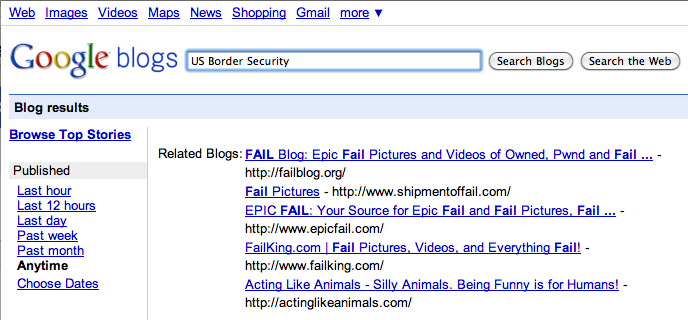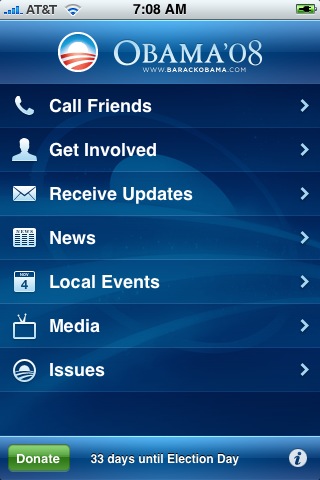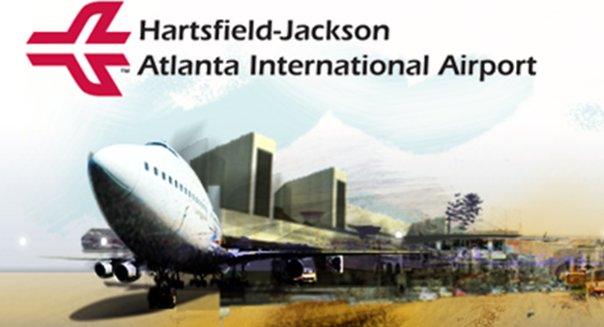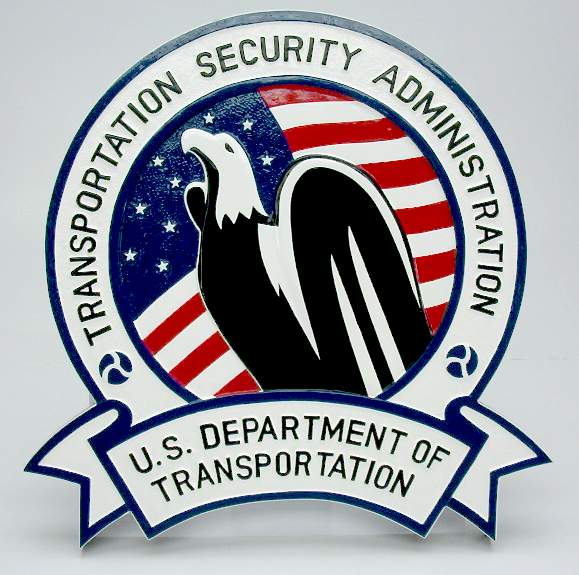In order to most effectively research and blog about the large amount of information that is available concerning national security, our blog was divided into three subtopics: illegal immigration, border control, and airport security. Beyond that, we also wrote each series of posts concentrating on a mass medium that we had choose to highlight for that week (including television, magazines, newspapers, and the internet). Through our research not only were we able to gain a firmer grasp on the details of our specific topic, but we also discovered how the media tends to relay this information.

Regarding illegal immigration, our group found that most media sources highlighted the issue in a negative light. Some of the media sources were more concentrated on forming an entertaining story around the issue rather than equally presenting both sides of the issue; this tendency links directly with the mass media trend that states that we are undergoing a change in our conception of news. We expect the turn on the television or flip to a page in the newspaper and see a story about some outrageous, new way someone tried to get into the country. It seems that we as an entertainment obsessed community no longer expect to see or want to see a presentation of just plain facts.
Not only did our research on illegal immigration provide an example of changing conception of news, but it also representing a form of demassification and new conceptions of community. We found that in areas where there are high amounts of immigrants (legal or illegal), they often have a little bit of their own sub-culture. As far a demassification, companies have started recognizing the wants and needs of these immigrants and therefore have started publishing magazines and other entertainment, specifically produced for immigrants.
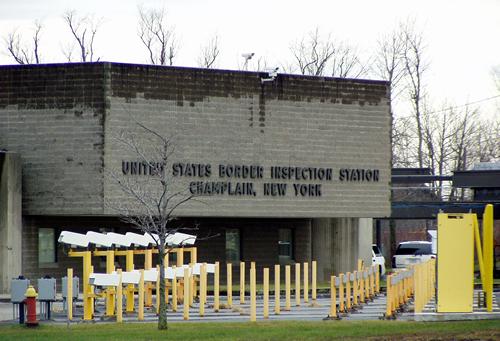
Regarding border control, it also highlighted some of the mass media trends that we had studied. Not only do mass media reports about border control add to our knowledge about globalization, but it also spurs a lot of political controversy. Media reports on border control contribute to globalization because often they focus not only on our border security, but other countries’ border securities as well. This is globalizing the world as we know it because we are now constantly being informed of what not only what is going on in our country, but how other countries are dealing with the same issues. In addition to globalization, border control obviously was a huge source of political controversy (especially in the two most recent presidential elections); the mass media has provided us ways not only to stay informed about the issue, but to also voice our opinions through interacting with the media through things like online surveys or polls (this highlights another mass media trend- interactivity).
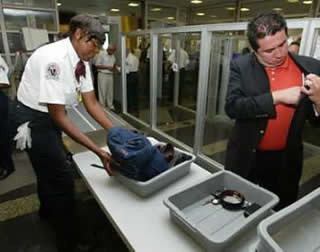 Finally, our group researched the mass media’s portrayal of airport security. After reflecting on our research we all came to a somewhat similar conclusion; although airport security is sometimes a bit of a pain, it is a small price to pay for the protection of our country. We also found that most mass media forms put a negative light on this issue as well. A lot of the news seems to be about what an inconvenience airport security is, as opposed to the positive benefits it brings.
Finally, our group researched the mass media’s portrayal of airport security. After reflecting on our research we all came to a somewhat similar conclusion; although airport security is sometimes a bit of a pain, it is a small price to pay for the protection of our country. We also found that most mass media forms put a negative light on this issue as well. A lot of the news seems to be about what an inconvenience airport security is, as opposed to the positive benefits it brings.
After reflecting back on our blog and research, we were able to clearly see of the mass media trends present in the reports around our topics. It was interesting and rewarding to see that some of these trends really do describe the changes through which our mass media is currently going.
